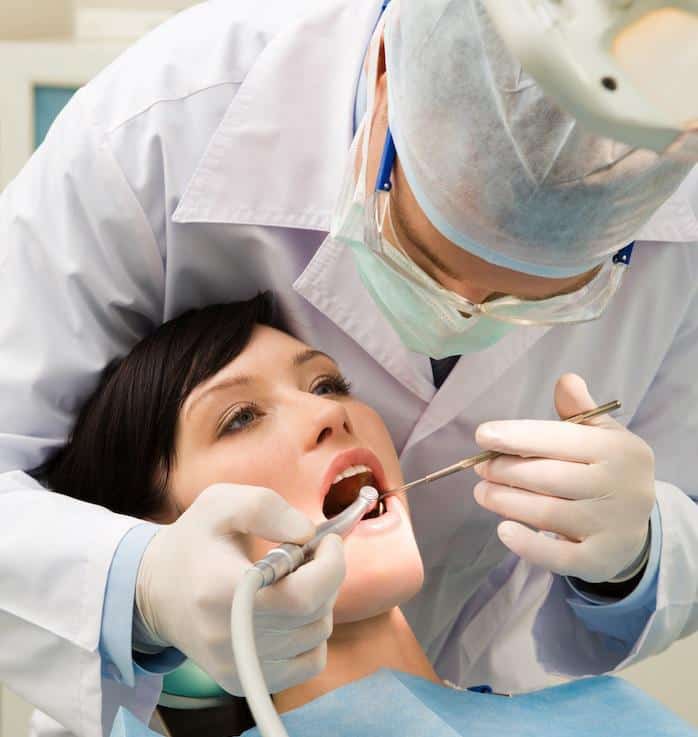Grinding your teeth might seem like nothing more than a bothersome habit, but it’s actually a lot more than that. Over time, bruxism (the medical term for teeth grinding) puts a lot of wear and tear on your teeth, and without treatment, these habits can lead to some serious problems with your oral health.
Helping patients protect their teeth is what the dentists at The Glen Dental do best. If you grind your teeth, here’s what our dentists want you to know about the damage it can cause — and how we can help you break the grinding habit.
Bruxism and your oral health
Every time you clench your teeth together, you’re placing as much as 250 pounds of pressure on your teeth and your jaws. Considering a lot of grinding and clenching goes on during sleep, you could be subjecting your teeth and jaws to thousands of pounds of pressure cumulatively every night and not even know it.
Lots of people think teeth grinding is related to stress, and to some degree, that’s correct. But often, teeth grinding happens because of an underlying oral health problem that throws off your bite balance. It’s also more common among people who:
- Have a “type A” personality (prone to anxiety or hyperactivity)
- Have a family history of bruxism
- Use certain types of medications, including some antidepressants
- Have ADHD, sleep apnea, or other underlying health issues
Treating those risk factors (when possible) may help relieve bruxism, but it’s also important to take steps to prevent damage to your teeth and jaws.
Oral health problems and more
Without treatment, chronic grinding can lead to a host of health problems, including:
- Cracked or fractured teeth
- Chipped teeth
- Worn, uneven tooth surfaces
- Damaged crowns or fillings
- Gum recession and gum disease
- Headaches, earaches, and neck pain
- Jaw pain
- Temporomandibular joint disorder (TMJ or TMD)
- Jaw clicking or grinding
- Tooth sensitivity
Because bruxism wears away the tooth enamel, it also increases your risk for tooth decay and infections.
Bruxism treatments
Many people who grind their teeth during their sleep benefit from night guards, custom-fit devices that cushion your teeth and protect them from damage.
Night guards are designed to hug the contours of your teeth for a comfortable fit. Worn regularly, they can protect your tooth structure and relieve strain on your jaw joints and muscles
When bruxism is related to an oral health issue, like crooked, misshapen, or missing teeth, correcting that issue plays an important role in treatment. Our team offers several options, including dentures, dental implants, crowns, bridges, and other restorations and treatments to help rebalance your bite and decrease the urge to grind.
The key to preventing bruxism-related problems is to seek dental treatment early, before the damage has a chance to become serious. In addition to monitoring for signs and symptoms of bruxism on your own, we look for subtle signs of bruxism as part of your routine evaluation.
Protect your teeth
If you’ve noticed symptoms associated with tooth grinding, prompt care is important for avoiding tooth damage, jaw pain, and other health issues. To learn what’s causing your grinding habit and how the dentists at The Glen Dental can help you protect your teeth, call 669-205-1303 or book an appointment online at our practice in San Jose, California, today.


